I was just wondering how I could automatically increment the build (and version?) of my files using Visual Studio (2005).
If I look up the properties of say C:\Windows\notepad.exe, the Version tab gives "File version: 5.1.2600.2180". I would like to get these cool numbers in the version of my dll's too, not version 1.0.0.0, which let's face it is a bit dull.
I tried a few things, but it doesn't seem to be out-of-box functionality, or maybe I'm just looking in the wrong place (as usual).
I work with mainly web projects....
I looked at both:
- http://www.codeproject.com/KB/dotnet/Auto_Increment_Version.aspx
- http://www.codeproject.com/KB/dotnet/build_versioning.aspx
and I couldn't believe it so much effort to do something is standard practice.
EDIT: It does not work in VS2005 as far I can tell (http://www.codeproject.com/KB/dotnet/AutoIncrementVersion.aspx)



